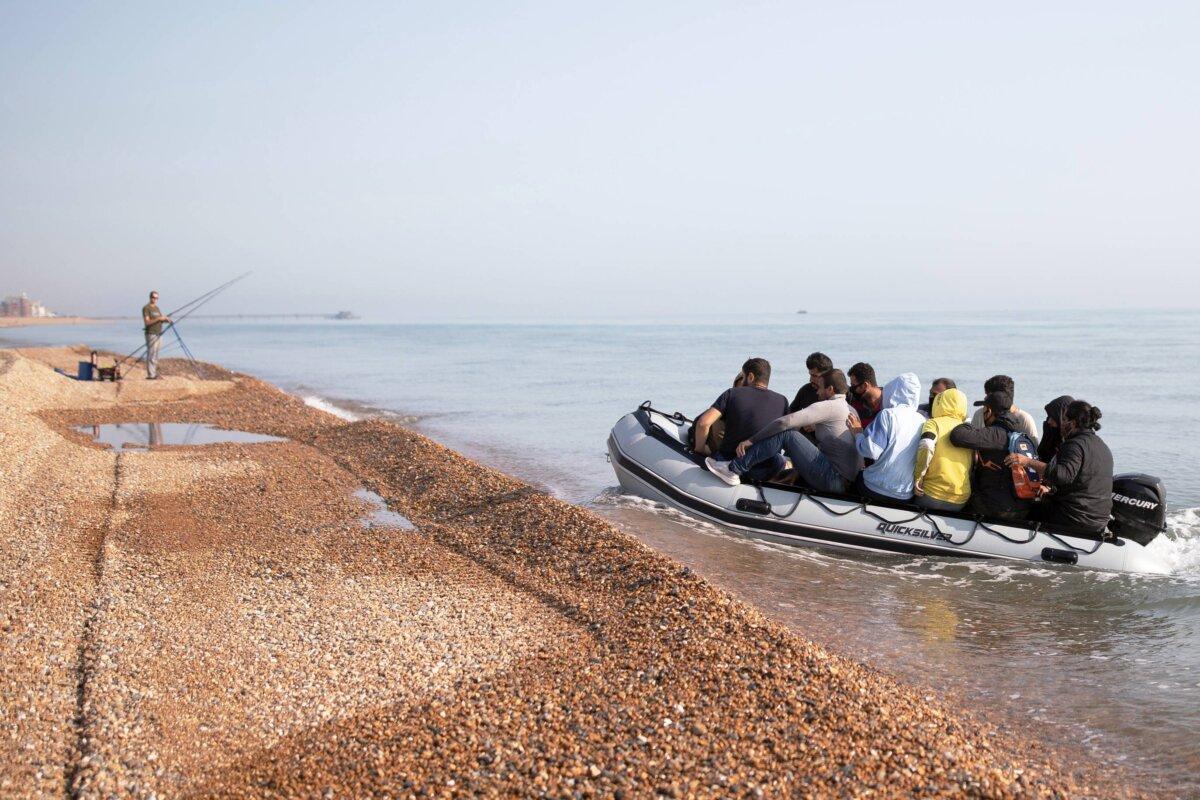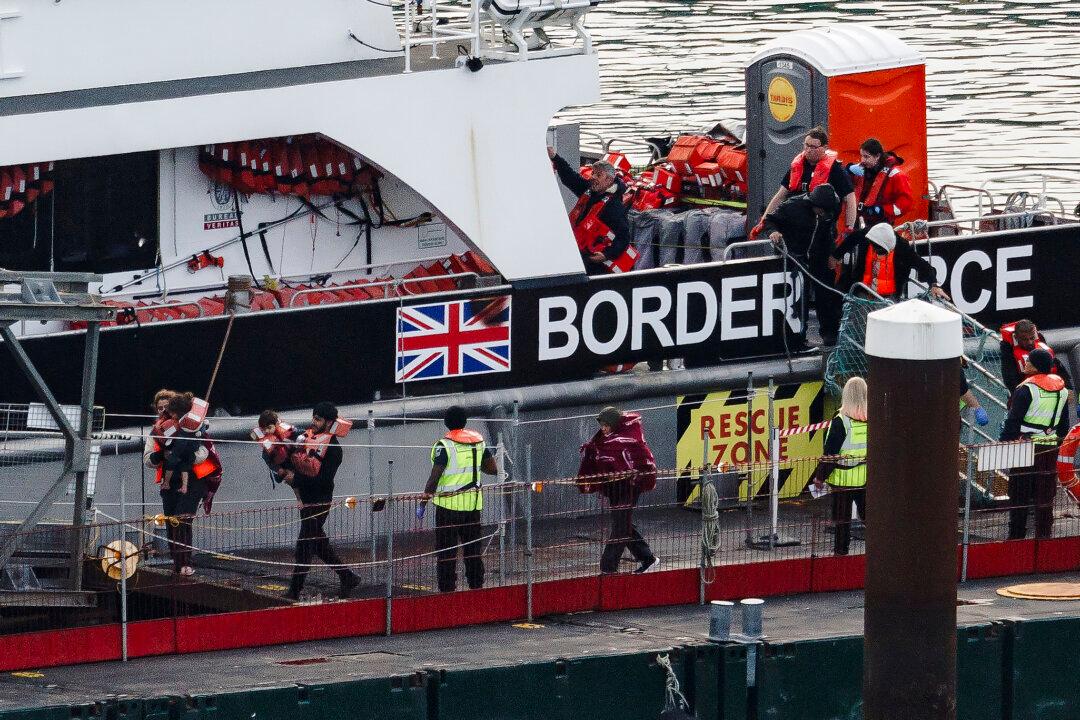The cost of accommodation for asylum seekers is predicted to be more than three times than previously estimated, the public spending watchdog has said.
The NAO said that the rise was owing to the increase in the number of people seeking asylum and being accommodated by the Home Office, which auditors said had “increased significantly.”
The figure has risen from around 47,000 people in December 2019 to around 110,000 in December 2024, which is a 134 percent increase.
Costs a ‘Huge Challenge’ for Government
The report said that asylum seekers accommodated in hotels account for around 35 percent of all people in asylum accommodation, and for around 76 percent of the annual cost of the contracts, or £1.3 billion out of an estimated £1.7 billion in financial year 2024/25.Auditors said that the Home Office “has few levers to control the cost of hotels which may be more profitable for the suppliers than other forms of accommodation.”
The NAO’s briefing was prepared for the Home Affairs Select Committee, as part of its inquiry into the delivery of asylum accommodation, which is being managed on behalf on the Home Office by private contractors Serco, Mears Group, and Clearsprings Ready Homes.
Responding to the report, Home Affairs Committee Chairwoman Dame Karen Bradley said: “Dealing with the cost of the asylum accommodation system remains a huge challenge for the government.
Asylum System ‘in Chaos’
The report comes ahead of the Home Affairs Committee preparing to question representatives from Mears, Serco, and Clearsprings about the companies’ roles in managing asylum accommodation.On questioning providers, Bradley added, “We want to see why costs have risen so dramatically, but will also be looking at the quality of support that is provided, and will be challenging providers on failures to meet key performance indicators in recent years.”
Responding to the NAO’s report, a Home Office spokesperson said that the Labour government has “inherited an asylum system in chaos with tens of thousands stuck in a backlog, claims not being processed, and disastrous contracts that were wasting millions in taxpayer money.”

The spokesperson continued: “We’ve taken immediate action to fix it—increasing asylum decision-making by 52 percent and removing 24,000 people with no right to be here, meaning there are now fewer asylum hotels open than since the election.
11,500 Boat Migrants Arrive So Far
According to provisional Home Office figures, 11,516 illegal immigrants have crossed the English Channel by boat since the beginning of this year, one-third higher than the 8,674 that had arrived by the same date in 2024.Since records began in 2018, nearly 163,000 people have arrived in the UK by small boat.
When Labour came to power in July of last year, the new government began to make changes to the country’s plans for handling illegal immigration and asylum, including scrapping the Rwanda plan.
The scheme would have automatically deemed asylum applications inadmissible for individuals who entered the UK illegally—which in most cases in recent years, is by crossing the English Channel in small boats—and made them eligible for removal to a safe third country, such as Rwanda.
Also as part of its plans, the government is seeking to target the criminal gangs which facilitate illegal immigration by putting tens of millions of pounds in the Border Security Command, the multiagency body in charge of coordinating efforts to tackle organised immigration crime.
Starmer’s Border, Security, and Asylum Bill is currently going through the House of Commons, which will grant law enforcement counter-terrorism style powers to go after people smuggling gangs.







